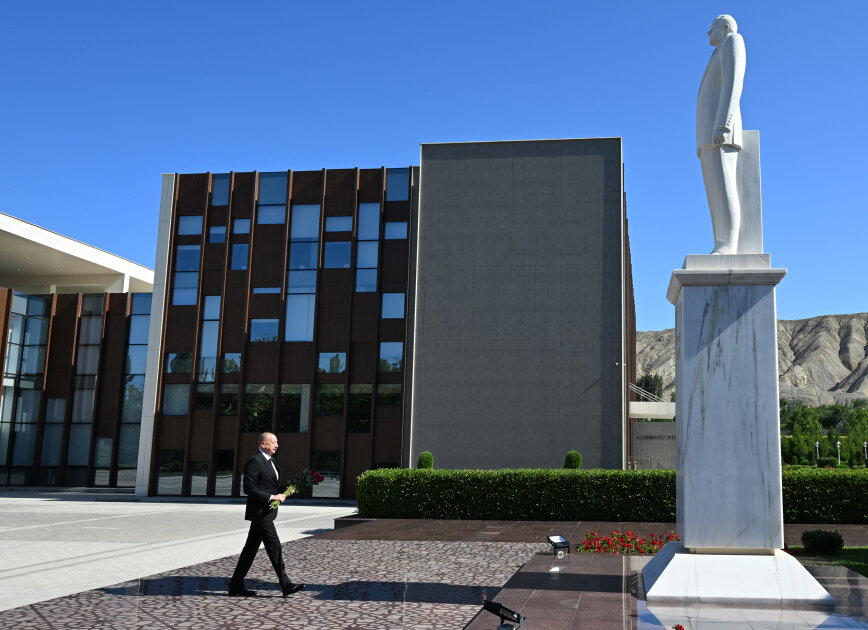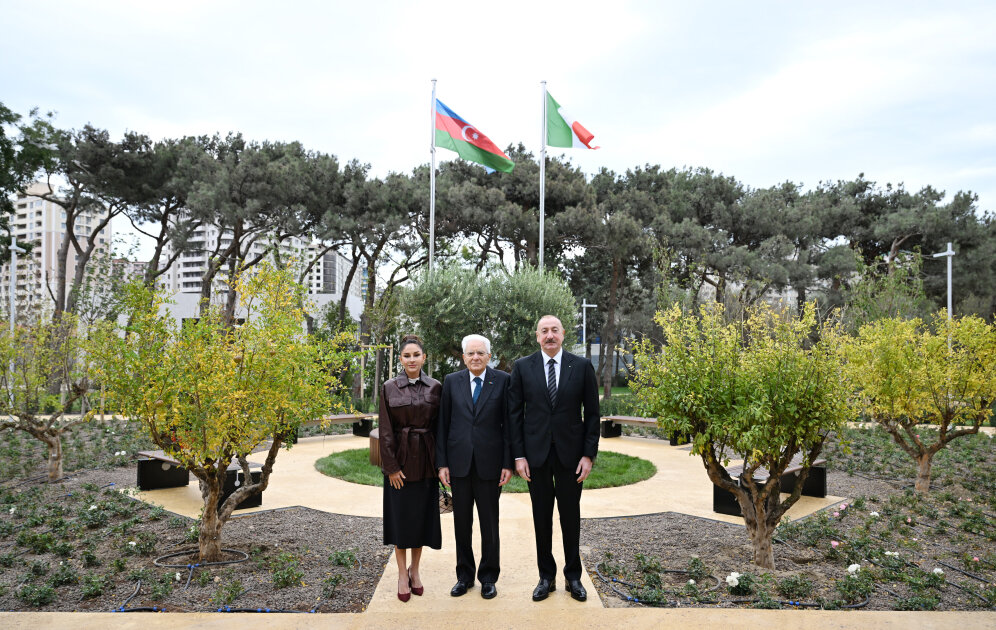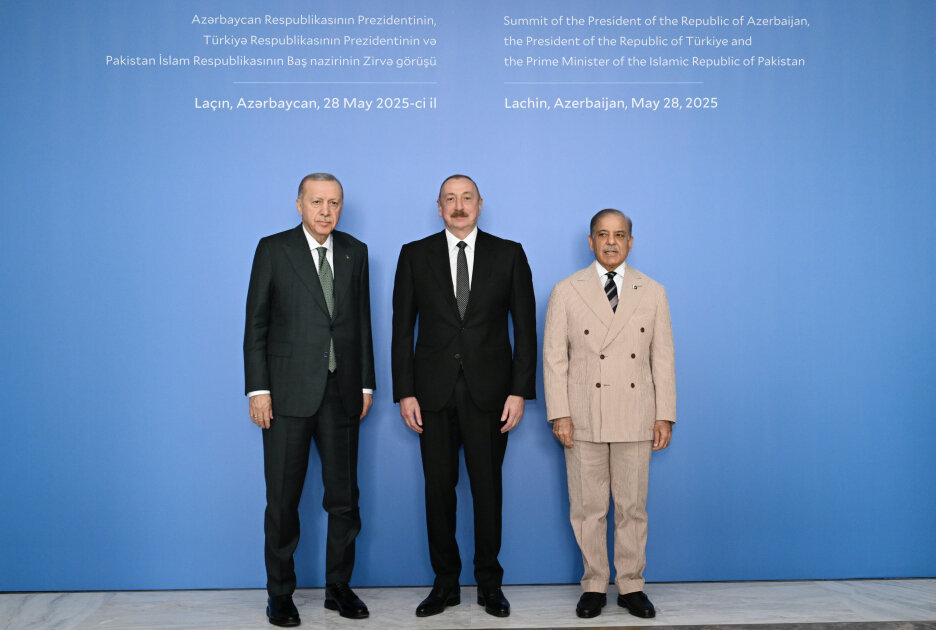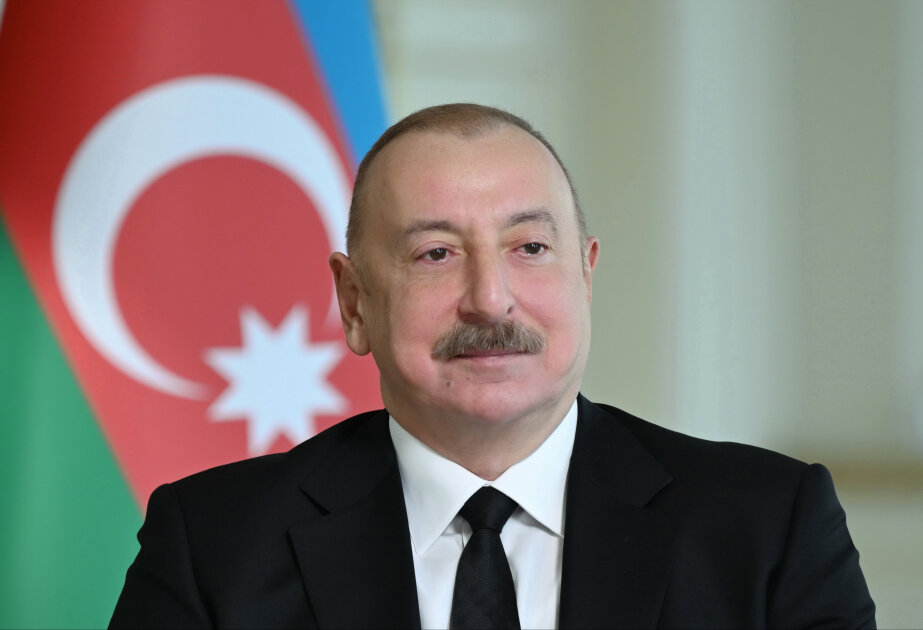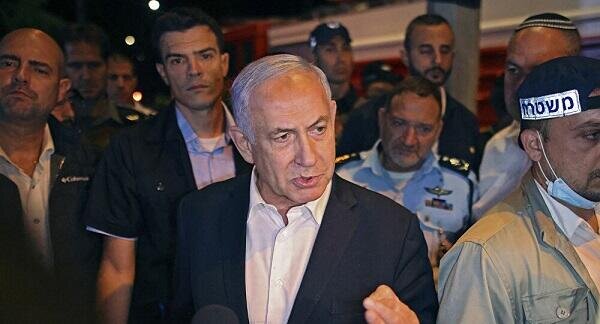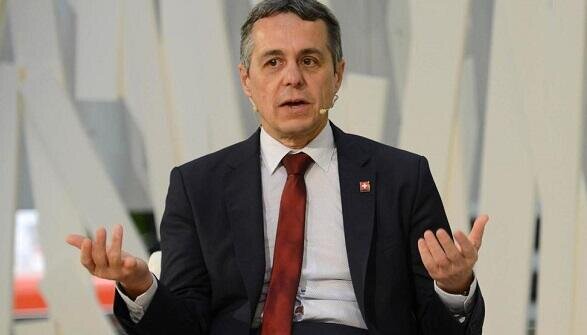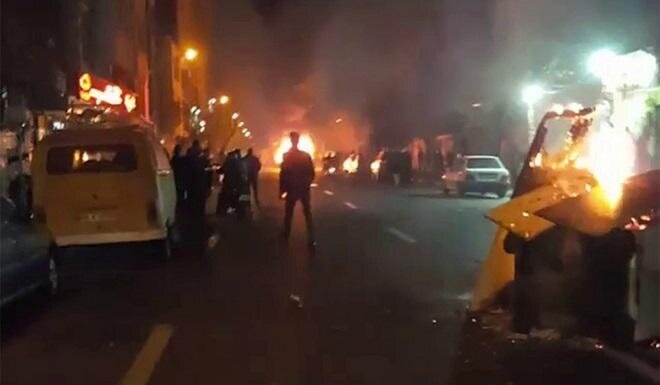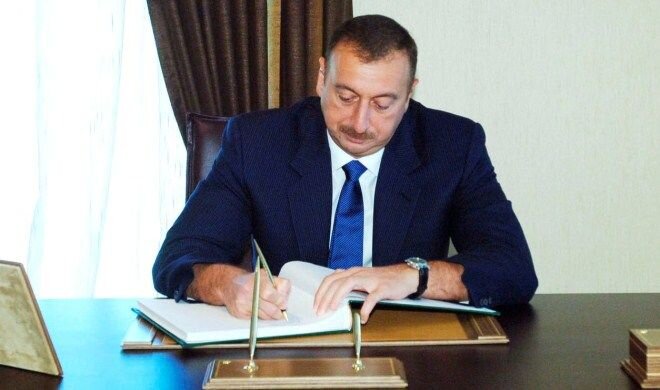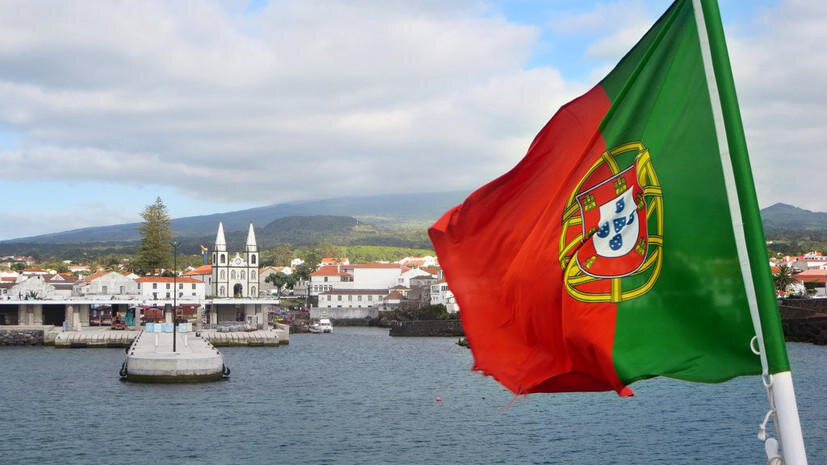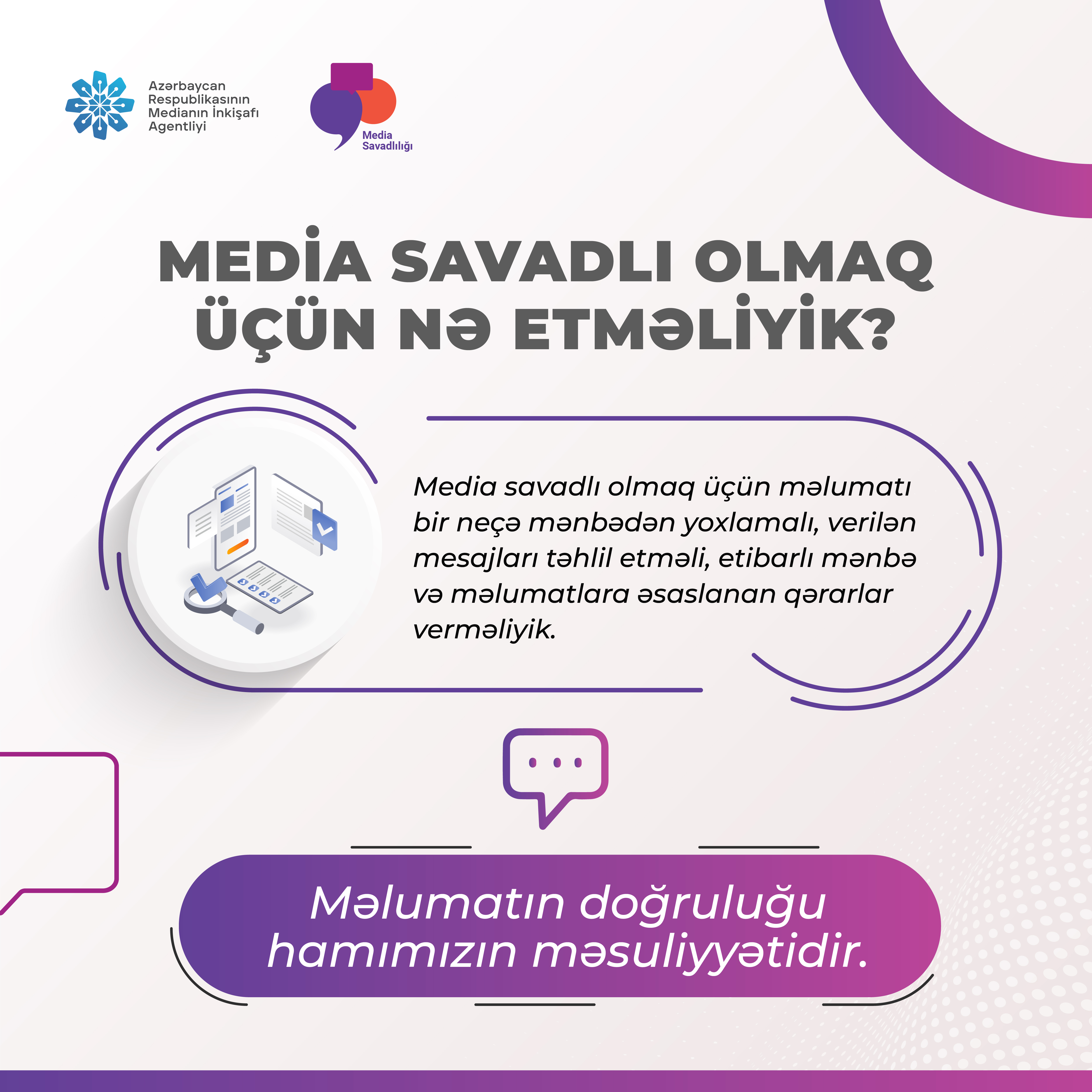In his remarks, Punjul Nugraha, II Director of the D-8, and moderator of the event, noted that the D-8 Organization for Economic Cooperation had evolved into the crucial platform in advancing economic cooperation, inclusive growth and sustainable development among the D-8 member states.
Addressing the event, Umayra Taghiyeva, Azerbaijan’s Deputy Minister of Ecology and Natural Resources, said: “Today, we are at a crucial stage in transforming our cities and economies for a climate-resilient future. Azerbaijan mobilized all its efforts to host COP29 last year under the leadership of President Ilham Aliyev, and significant progress was achieved in climate finance during COP29.”
Dovlatkhan Dovlatkhanov, Deputy-Chairman of Azerbaijan’s State Committee of Urban Planning and Architecture, noted that building sustainable cities is regarded as one of the most important areas of climate action.
Elmar Mammadov, Head of the Economic Cooperation Department of the Azerbaijani Ministry of Foreign Affairs, highlighted the importance of Azerbaijan's Presidency of COP29 in terms of integrating climate and urban planning issues on the global agenda.
Curt Garrigan, Chief of the Sustainable Urban Development Section for the Environment and Development Division of the United Nations Economic and Social Commission for Asia and the Pacific (UN ESCAP), emphasized that 20 member states adopted a high-level communiqué on sustainable urban development at the Asia-Pacific Urban Forum held in Suwon city, Republic of Korea in 2023.
Noting that these initiatives have already been integrated into the UN's intergovernmental platforms, C. Garrigan added that during the UNESCAP’s 81st session held in April this year, member states adopted a resolution on promoting regional cooperation on sustainable urban development in the Asia and Pacific region.
As part of the D-8 Week, relevant meetings were held with the participation of D-8 member countries regarding the D-8 Energy and Climate Center, D-8 Media Center of Excellence, and D-8 Transport Center of Excellence to be established in Azerbaijan, as well as the first-ever D-8 Commissioners’ (Retreat) Meeting and the D-8 High-Level Dialogue on Climate and Cities.
The D-8 Organization for Economic Cooperation is an inter-governmental Organization, comprising eight developing countries, namely Bangladesh, Egypt, Indonesia, Iran, Malaysia, Nigeria, Pakistan and Türkiye.
The D-8 Decennial Roadmap (2020-2030) Roadmap has been developed in line with the recommendations of the Eminent Persons Group. The first D-8 Roadmap was adopted in July 2008 at the 6th D-8 Summit in Kuala Lumpur, Malaysia. Since the first Roadmap was to expire in 2018, this Roadmap was prepared with a view to consolidating the gains of the first one and strengthening the goals and objectives of the D-8 Organization in light of the 2030 Agenda for Sustainable Development.
The D-8 Decennial Roadmap (2020-2030) redefines some elements of the D-8 vision for the implementation of D-8 goals and objectives, puts timelines for the implementation of the objectives, goals and targets from 2018 to 2030 (in line with global 2030 Agenda time frame) and distributes the works in three phases. It also elaborates the works to be accomplished in individual priority areas of cooperation. In order to foster a pragmatic and result-oriented approach to cooperation, the 9th D-8 Summit, which was held on 20 October 2017 in Istanbul, Türkiye has agreed that the D-8 Decennial Roadmap should be formulated in order to guide cooperation between 2020 and 2030.


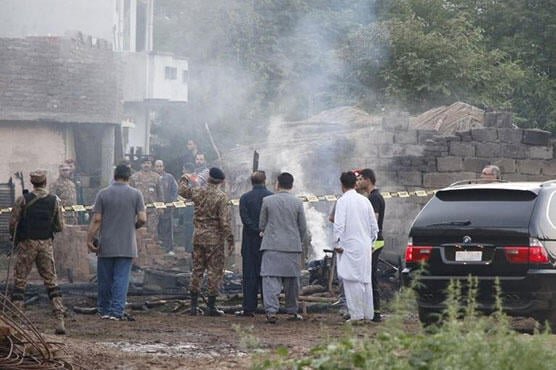
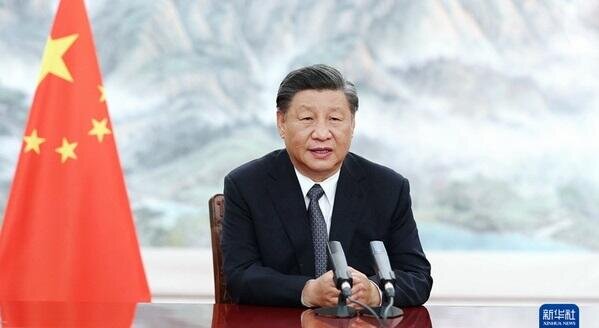
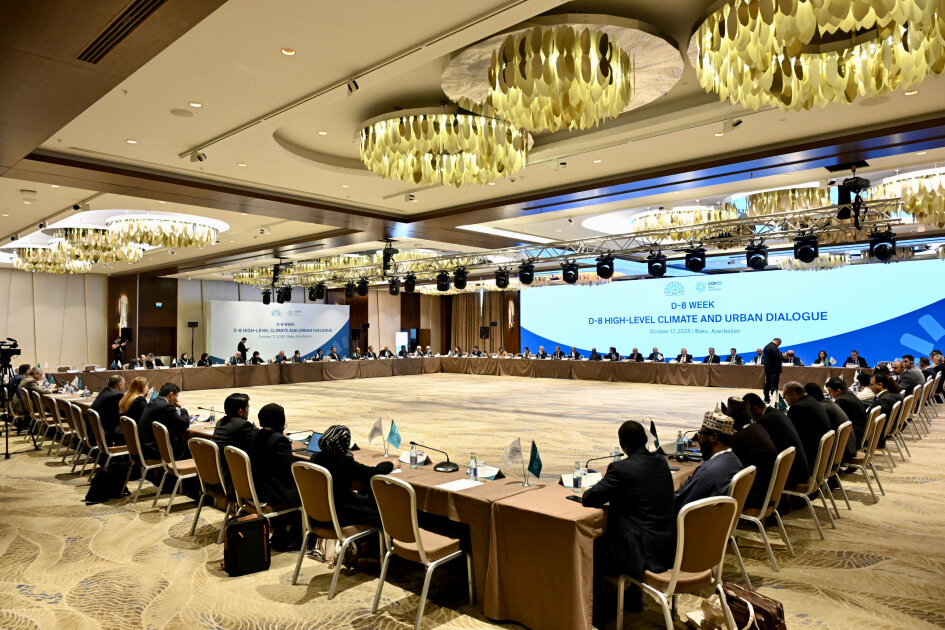 Baku hosted the D-8 High-level Climate and Urban Dialogue, aiming to align the Climate and Urban Actions with the D-8 Decennial Roadmap (2020-2030).
Baku hosted the D-8 High-level Climate and Urban Dialogue, aiming to align the Climate and Urban Actions with the D-8 Decennial Roadmap (2020-2030).